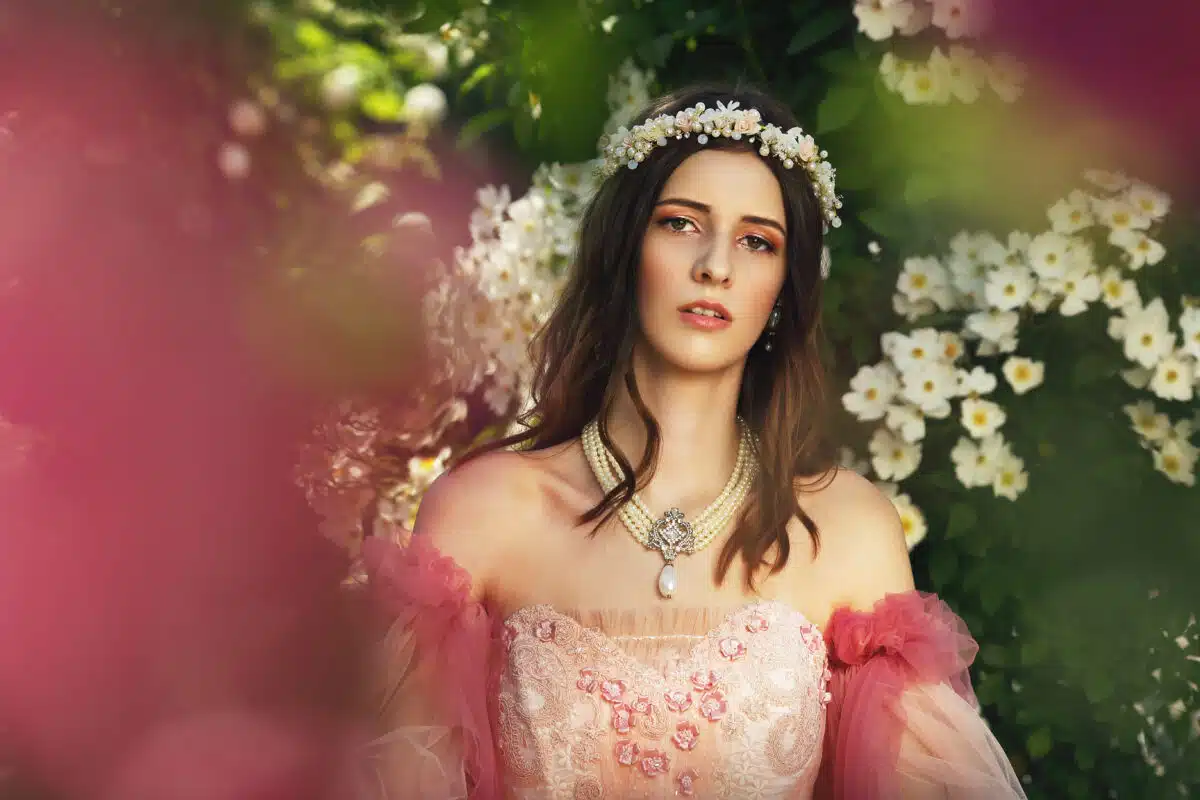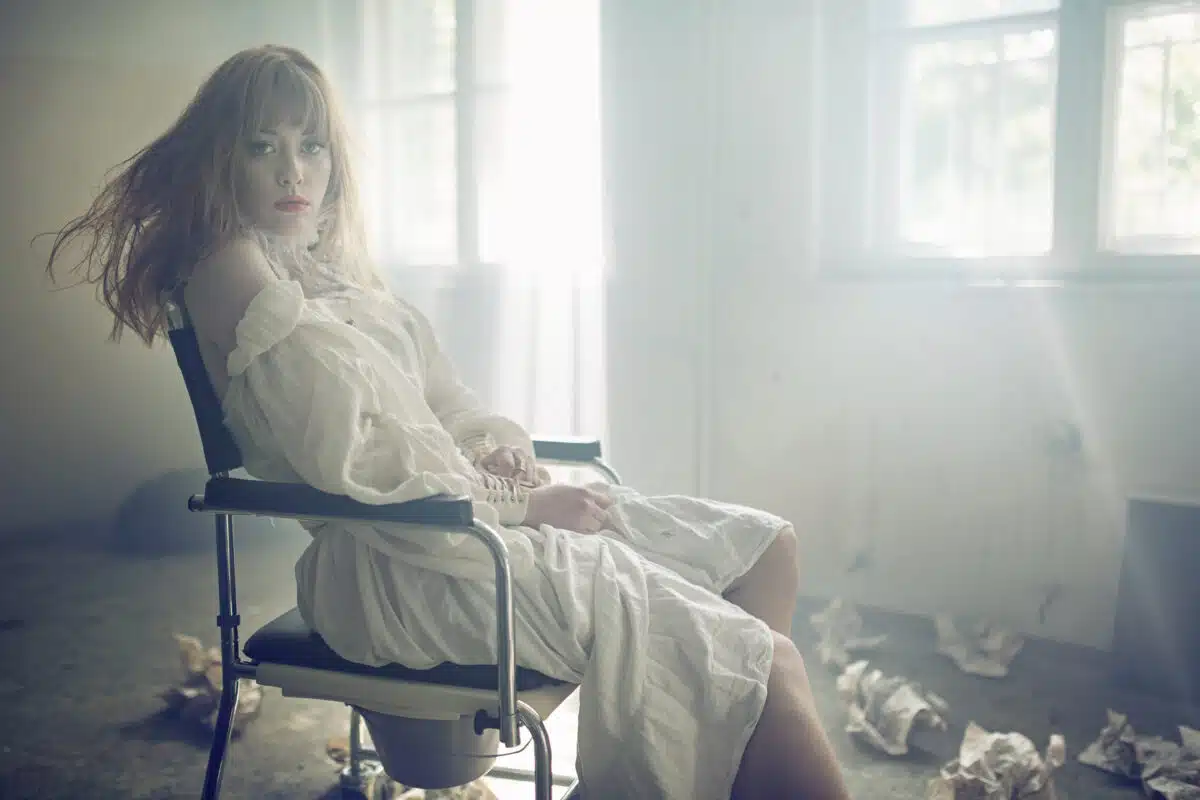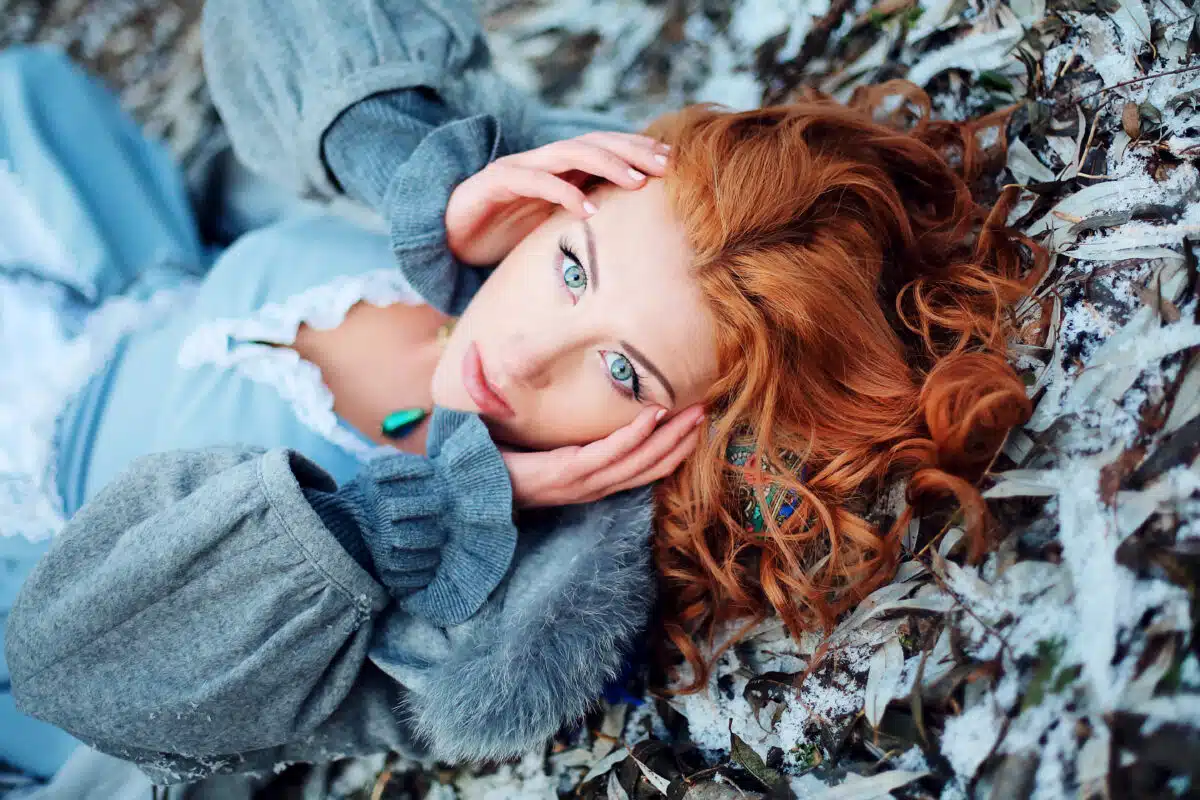Here are my favorite poems about germs.
From “Strictly Germ-proof” by Arthur Gordon Burgoyne to “A Victim of Microbes” by J. Mord Allen.
So if you want the best poems about germs, then you’re in the right place.
Let’s get right into it!

Engaging Poems About Germs

Dive into the world of poems about germs, a collection so rare we guarantee you will only see it here, all gathered for you to explore anytime you want.
Our curated collection of poems explore germs of every kind- from the common cold to microbes so small, we shed light on their impact in the body and mind.
If you want to discover the hidden battles that take place in fighting germs or want to cure your curiosity about this matter many don’t wanna talk about, this post houses poems that will transport you to the realm of germs.
Let’s get started!
My #1 Favorite Poem About Germs

“A Radium Roundelay” by Arthur Gordon Burgoyne
What makes an end of nauseous pills,
Of costly drugs and doctors’ bills
And conquers all corporeal ills?
‘Tis radium.
Yes, scientific sharps affirm
That fatal to the deadly germ
Which in our in’ards loves to squirm
Is radium.
The martyr haggard and unstrung
Who seems foredoomed to lose a lung
Regains his health and is not “stung”
By radium.
Rheumatic, rusty-jointed cranks
Acquire new vigor in their shanks
And shine as tango dancers, thanks
To radium.
Poor souls that must endure the pain
Of cancer, health and hope regain
Beneath the wonder-working reign
Of radium.
The locomotor man whose gait
Is sadly indeterminate
Acquires the knack of walking straight
From radium.
Pneumonia comes. No need to die.
That dread disease one may defy
And with implicit faith rely
On radium.
La grippe? Its terrors disappear.
One need no more the issue fear.
The plague is driven to the rear
By radium.
Grim surgeons who with zeal devout
Cut many a man’s appendix out
Are overcome and put to rout
By radium.
Need broken limbs appal? Not much.
The cripple throws away his crutch,
Repaired by just the slightest touch
Of radium.
Should epidemics hit the town,
Yield not to gloom nor wear a frown,
But just turn in and put ‘ em down
With radium.
In short, to conquer ev’ry pain
And take away the brand of Cain,
Try one ten-trillionth of a grain
Of radium.
My Selection of Poems About Bacteria and Germs

“Bacteria” by Unknown
There once were some learned M.D.’s,
Who captured some germs of disease,
And infected a train
Which, without causing pain,
Allowed one to catch it with ease.
“The Germs that Lurk in the Jag” by Arthur Gordon Burgoyne
“Don’t drink tonight, my boy,”
The aged mother said.
“Keep straight and venture not to toy
With booze when it is red.
Aye, shun the red, red stuff.
Doc Wiley’s words recall,
He says that liquor is a bluff
And is not booze at all.”
“What’s whisky? Wiley vows
And proves by methods keen
That when we drink it we carouse
On menthocarboline,
Likewise on cyanide
Of chromomezzotint.
Oh, son, by Doc’s advice abide
And take his friendly hint.”
“The cocktail-what is that?
The mentor demonstrates
That this decoction is begat
From fearful benzoates.
The cherry in the cup
Is dipped in drugs that blight.
Oh, pass the vile Manhattan up.
Don’t get a bun tonight.”
“What’s beer? That tipple gross,
So all the experts state
Is full of pyrocomatose
And ferrous oxalate.
Just think of soaking in
Such poisons absolute.
‘Twould be a scandal and a sin.
Oh, son, postpone your toot. “
She spake, but all in vain.
The youth went forth in haste.
On chemicals he was insane
And found them to his taste.
His was a fate severe.
He lost his grip and died
And all the poisons mentioned here
Were found in his inside.
“Strictly Germ-proof” by Arthur Guiterman
The Antiseptic Baby and the Prophylactic Pup
Were playing in the garden when the Bunny gamboled up;
They looked upon the Creature with a loathing undisguised;—
It wasn’t Disinfected and it wasn’t Sterilized.
They said it was a Microbe and a Hotbed of Disease;
They steamed it in a vapor of a thousand-odd degrees;
They froze it in a freezer that was cold as Banished Hope
And washed it in permanganate with carbolated soap.
In sulphurated hydrogen they steeped its wiggly ears;
They trimmed its frisky whiskers with a pair of hard-boiled shears;
They donned their rubber mittens and they took it by the hand
And elected it a member of the Fumigated Band.
There’s not a Micrococcus in the garden where they play;
They bathe in pure iodoform a dozen times a day;
And each imbibes his rations from a Hygienic Cup—
The Bunny and the Baby and the Prophylactic Pup.

From “Queen Mab” by Percy Bysshe Shelley
Mild was the slow necessity of death:
The tranquil Spirit failed beneath its grasp,
Without a groan, almost without a fear,
Calm as avoyager to some distant land,
And full of wonder, full of hope as he.
The deadly germs of languor and disease
Died in the human frame, and purity
Blest with all the gifts her earthly worshippers.
How vigorous then the athletic form of age!
How clear its open and unwrinkled brow!
Where neither avarice, cunning, pride, nor care,
Had stamped the seal of grey deformity
On the mingling lineaments of time.
Howlovely the intrepid front of youth!
Which meek-eyed courage decked with freshest grace,
Courage of soul, that dreaded not a name,
And elevated will , that journeyed on
Through life’s phantasmal scene in fearlessness ,
With virtue, love, and pleasure, hand in hand.
“The Microbe” by Hilaire Belloc
The Microbe is so very small
You cannot make him out at all,
But many sanguine people hope
To see him through a microscope.
His jointed tongue that lies beneath
A hundred curious rows of teeth;
His seven tufted tails with lots
Of lovely pink and purple spots,
On each of which a pattern stands,
Composed of forty separate bands;
His eyebrows of a tender green;
All these have never yet been seen,
But Scientists, who ought to know,
Assure us that they must be so….
Oh! let us never, never doubt
What nobody is sure about!
From “A Terre” by Wilfred Owen
O Life, Life, let me breathe,—a dug-out rat!
Not worse than ours the existences rats lead—
Nosing along at night down some safe vat,
They find a shell-proof home before they rot.
Dead men may envy living mites in cheese,
Or good germs even. Microbes have their joys,
And subdivide, and never come to death,
Certainly flowers have the easiest time on earth.
“I shall be one with nature, herb, and stone.”
Shelley would tell me. Shelley would be stunned;
The dullest Tommy hugs that fancy now.
“Pushing up daisies,” is their creed, you know.
To grain, then, go my fat, to buds my sap,
For all the usefulness there is in soap.
D’you think the Boche will ever stew man-soup?
Some day, no doubt, if . . .

“A Victim of Microbes” by J. Mord Allen
Go en fetch er lawyer, ’Tilda,
’Kaze I wants ter make mah will;
Neenter min’ erbout de doctor—
’Tain’t no use ter take er pill.—
Chunk up de kitchen fire,
En fetch mah easy-ch’er,
En put er piller in it:
Maybe I’ll git better hyeah.
I done hyeahed de doctor say it—de doctor hisse’f said it—
I’m plumb chock full o’ microbes en mah time’s ercomin’ quick.
So, ’stid o’ up en fussin’ wid me fer bein’ lazy,
Yer’d better be er nussin’ me, ’kaze I’m jes’ mighty sick.
I ’spec’ I must er cotch it
Back in Tennessee;
’Kaze, fur ez I kin ’member,
I wuz bad ez I could be—
P’intly hated hoein’ ’taters—
Couldn’t chop er stick o’ wood—
Couldn’t pick er sack o’ cotton—
Never wuz er lick o’ good.
En de folks dey called me lazy—my own mammy called me lazy
When, ’stid o’ gwine plowin’, I wuz fishin’ in de creek;
Took en tole de white folks ’bout it, en made er heap o’ trouble,
En all fer want o’ medersun—me bein’ mighty sick.
So, now yer knows de reason
Why I’m always loafin’ ’roun’,
When jobs is runnin’ after men
In ev’y part o’ town.
Dar’s patches on mah breeches,
En you’s er sight ter see;
Dat’s de work o’ dem same microbes,
En it kain’t be laid on me.
’Kaze de doctor he explained it, en de doctor’s book explained it,
En some Latin words explained it, en explained it mighty quick—
It’s mah lights er else mah liver, er maybe, its mah stomach—
It’s somep’n in mah insides, en it sho’ has made me sick.
En so, I hope yer’ll git yerse’f
Er washin’, now, er two,
Er get er job o’ scrubbin’
Er somp’n else ter do;
’Kaze dat doctor p’intly showed me
So I couldn’t he’p but tell
Dat dem microbes got me han’ en foot
En I jes’ kain’t git well.
Darfo’ I hope yer’ll he’p me ter pass mah las’ days easy,
En keep er fire in de stove en somep’n in de pan.
I know it’s hard ter do it, en I’m sorry I kain’t he’p yer;
But me ’n de doctor bofe knows I’m er mighty sick man.
“The Bacteriological Ball” from Jour. Am. Med. Assn.
A gay bacillus to gain her glory,
Once gave a ball in a laboratory.
The fête took place on a cover glass,
Where vulgar germs could not harass.
None but the cultured ones were invited,
For microbe chicks are well united:
They closely shut the ballroom doors,
To all the germs containing spores.
The staphylococci first arrived,
To stand in groups they all contrived.
The diplococci came in view,
A trifle late, and two by two.
The streptococci took great pains,
To seat themselves in graceful chains;
The penumococci, stern and haughty,
Declared the gonococci naughty;
And said they would not come at all,
If the gonos were present at the ball.
The fête began and the mirth ran high,
With not a fear of danger nigh.
Each germ enjoyed himself that night,
Without a fear of a phagocyte;
‘Twas getting late and some were loaded,
When BANG! the formaldehyde exploded;
And drenched the happy dancing mass
That swarmed the fated cover glass.
Not one survived, but perished all,
At that bacteriological ball.
“Germs” by Walt Whitman
Forms, qualities, lives, humanity, language, thoughts,
The ones known, and the ones unknown – the ones on the stars,
The stars themselves, some shaped, others unshaped,
Wonders as of those countries – the soil, trees, cities, inhabitants, whatever they may be,
Splendid suns, the moons and rings, the countless combinations and effects;
Such-like, and as good as such-like, visible here or anywhere, stand provided for in a handful of space, which I extend my arm and half enclose with my hand;
That contains the start of each and all – the virtue, the germs of all.

From “Life And Motion” by Constantine Samuel Rafinesque
The air we breathe is fill’d with living germs,
Which wafted by the winds to distant seats,
The seeds oflife convey and spread afar.
Such germs and seeds are lighter than the air,
And quite minute, thus seldom are detected.
Bythem, the rocks are cloth’d with verdant moss,
And crusty lichens, waters with unseen
Unsteady generations. Trees and plants
Absorb their parasites, as well as we,
And animals; who breathing germs with air,
Within their blood convey the seeds of life,
That breed the worms, and inward generations
Throughout their limbs conceal’d, or bowels fed,
Of sad disease and death the cause becoming.
Such living germs, of yore, by God created,
Uponthe earth have spread her parasites,
The growing floral world of plants and trees,
The moving tribes of animals and we!
Who mouldedin unsteady forms, adorn
And vivify the earth. They are but worms
Creeping or rooted on the ground. The grass
Is but like fur or hair upon the head,
As feathers on the birds the blooming plants
Adorn the naked soil: the woody trees
To bristles we compare. The lichens are
But scales, the ferns but wool. Thus vegetation
Is but the drooping dress of earthy life;
Partaking of this life they live and die.
From “Spring” by Henry Timrod
Or where, like those strange semblances we find
That age to childhood bind,
The elm puts on, as if in Nature’s scorn,
The brown of Autumn corn.
As yet the turf is dark, although you know
That not a span below,
A thousand germs are groping through the gloom,
And soon will burst their tomb.
Already, here and there, on frailest stems
Appear some azure gems,
Small as might deck, upon a gala day,
The forehead of a fay.
In gardens you may note amid the dearth
The crocus breaking earth;
And near the snowdrop’s tender white and green,
The violet in its screen.
But many gleams and shadows need must pass
Along the budding grass,
And weeks go by, before the enamored South
Shall kiss the rose’s mouth.
Still there’s a sense of blossoms yet unborn
In the sweet airs of morn;
One almost looks to see the very street
Grow purple at his feet.
“A Bruised Reed Shall He Not Break” by Christina G. Rossetti
I will accept thy will to do and be,
Thy hatred and intolerance of sin,
Thy will at least to love, that burns within
And thirsteth after Me:
So will I render fruitful, blessing still
The germs and small beginnings in thy heart,
Because thy will cleaves to the better part.–
Alas, I cannot will.
Dost not thou will, poor soul? Yet I receive
The inner unseen longings of the soul;
I guide them turning towards Me; I control
And charm hearts till they grieve:
If thou desire, it yet shall come to pass,
Though thou but wish indeed to choose My love;
For I have power in earth and heaven above.–
I cannot wish, alas!
What, neither choose nor wish to choose? and yet
I still must strive to win thee and constrain:
For thee I hung upon the cross in pain,
How then can I forget?
If thou as yet dost neither love, nor hate,
Nor choose, nor wish,–resign thyself, be still
Till I infuse love, hatred, longing, will.–
I do not deprecate.

From “Ahab, The Apostate” by Peter Leicester
The apostate Ahab’s downward course was brief:
There was a canker at his heart: the root—
The very source of life was bad—corrupt,
Infected with disease, nor hope remain’d—
At times, indeed, the germs of promise show’d
As if about to shoot, and gave a sign
As though of rescue: then soon died away.
The blighted tree may blossom, still put forth,
As with a last expiring effort, still
A promise of a fair maturity;
It fails—the shrivell’d fruit drops immature—
Again the effort comes, but feebler now
For scarcely is the blossom seen: once more
Th’ expiring struggle: till no longer sign
Remains of hope or life—and it is lost.
From “An Ode. Vamma” by Rev. D. Hughes
Oft too, we mark’d the parted breath,
Charm’d from the watery realms of death,
Wake with new life the pallid bier,
And spoil the tyrant of his spear.
Heard ye the shout, that pierc’d the skies?
From Libya’s plains the triumphs rise.
No human Moloch blasts her shore;
Or fattens on her barter’d gore:
Burst are her chains, and hush’d her groan ;
Her flesh, her nerves are still her own!
How late we saw the Sister isles,
Beneath the Parent’s equal smiles,
With Union’s wreath o’er concord’s shrine,
Their hands-their hearts-their fates entwine?
While one strong, adamantine zone
Surrounds the altar and the throne.
And mark’d we not, with fond amaze,
The innate germs of fell disease,
‘Neath heaven-taught science ‘ magic sway,
Forget their venom, and their prey ?
Stay, conqueror ! stay the clarion’s throat :
For Jenner claims a louder note.
